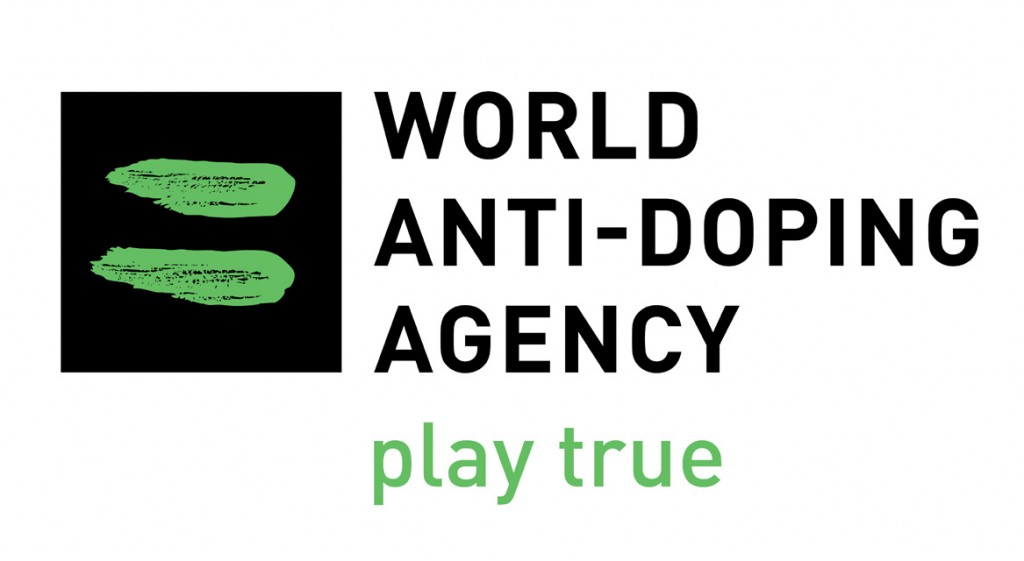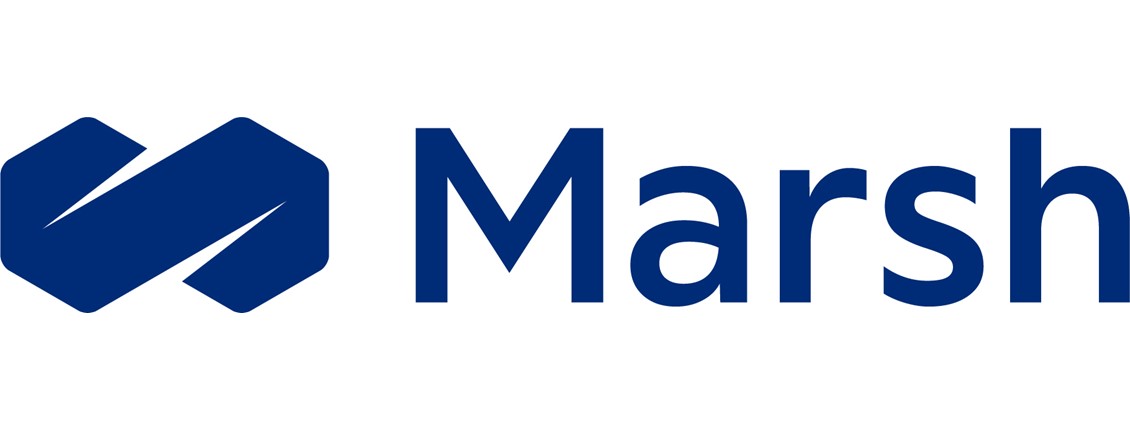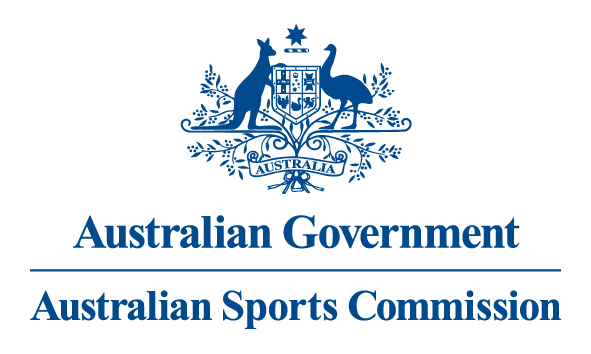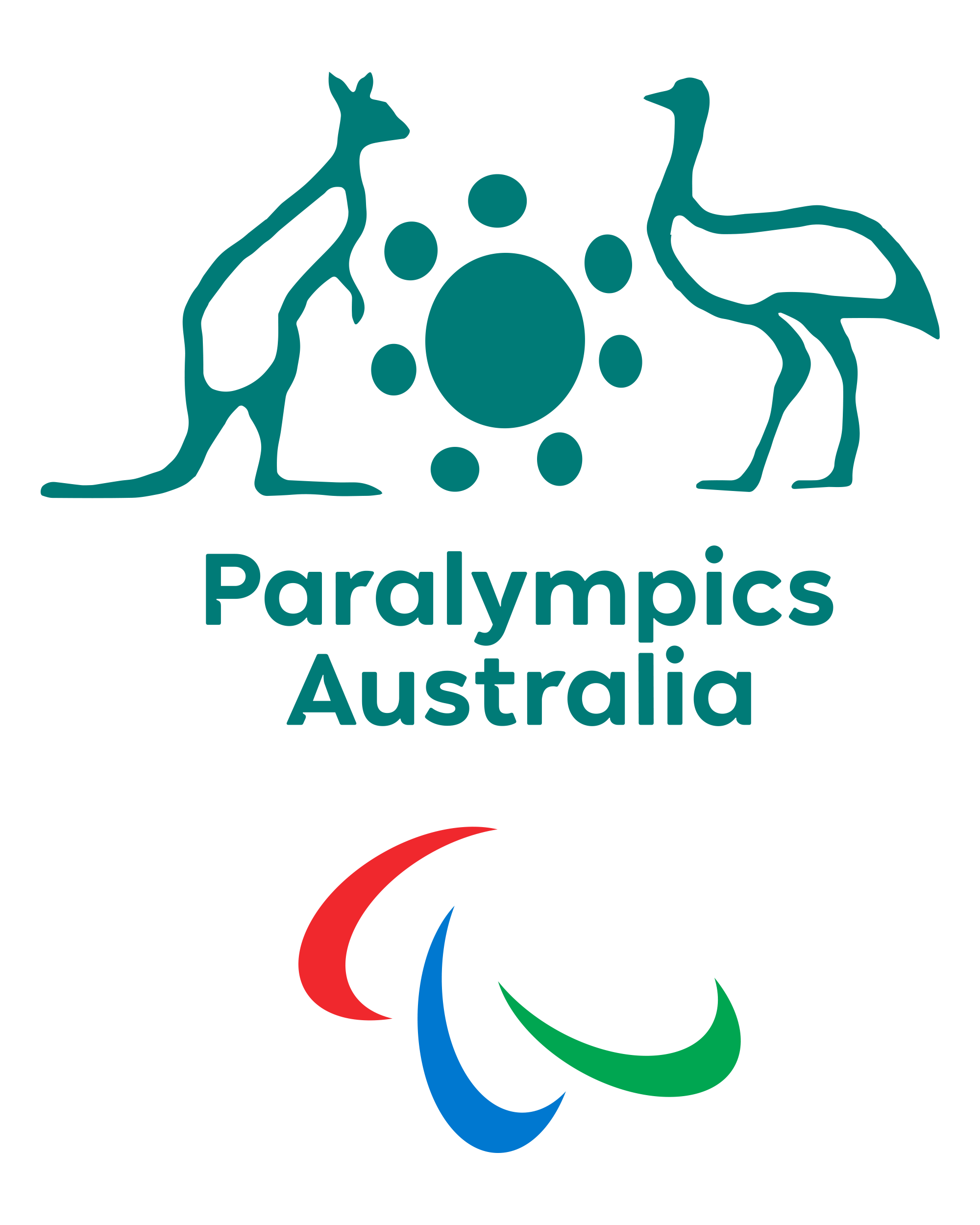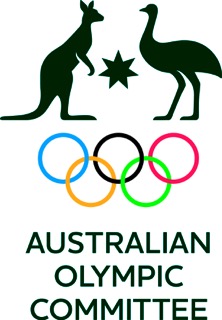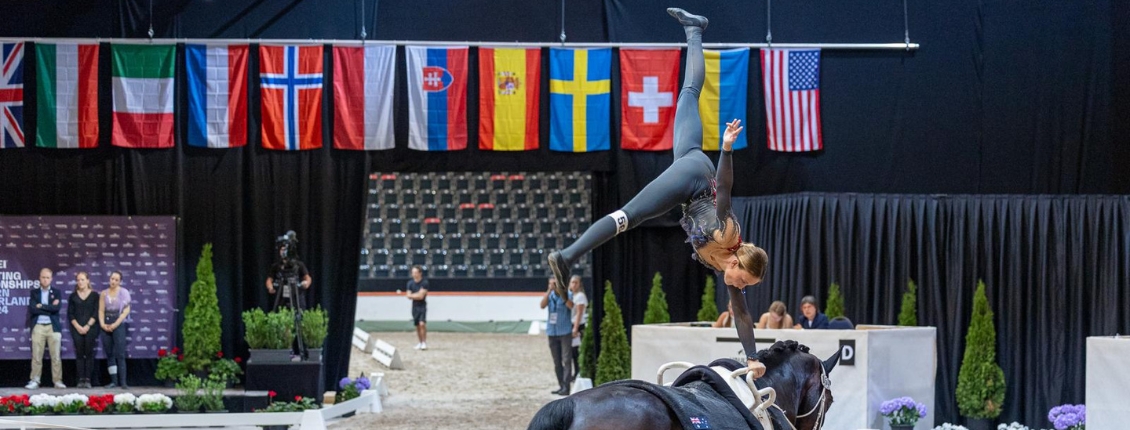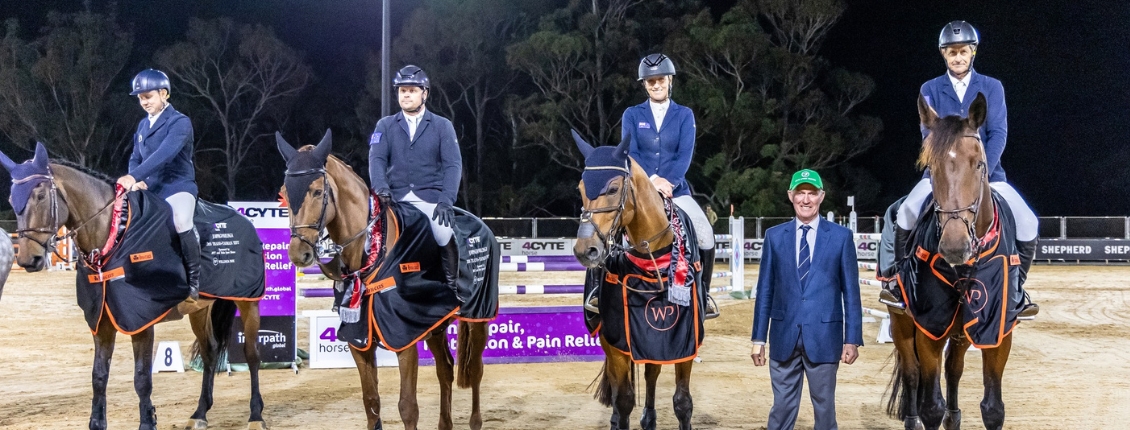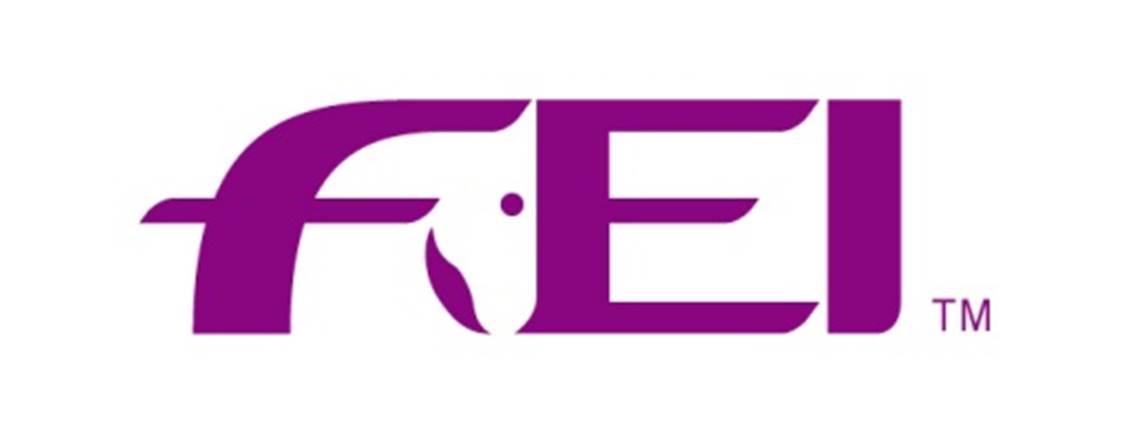
World Anti-Doping Agency (WADA)’s Prohibited List for 2018
The World Anti-Doping Agency’s (WADA) Prohibited List for 2018 will come into effect on 1 January 2018. Therefore, it is essential that all athletes review any treatment they are currently taking (or consider taking) in order to ascertain whether it involves any substance or method prohibited on the new List, and apply for a TUE (Therapeutic Use Exemption) if necessary.
To run this check, athletes should get help from their team doctor, physician and/or their National /Regional Anti-Doping Organisation. They should also go through WADA’s Summary of Major Modifications in order to understand the changes made to the List. In this regard, athletes and medical practitioners should in particular take note of the following:
Prohibited Substances:
- Salbutamol (Class S3 – Beta-2 Agonists): it is important to understand that no more than 800mcg can be used in any period of 12 hours;
- Synthetic cannabinoids (Class S8 – Cannabinoids): (THC) and other cannabimimetics (“Spice, JWH-018, JWH-073, HU210”) are prohibited. It is important to be aware that new cannabimimetics are constantly being developed. Even if not specifically listed, they may result in an Adverse Analytical Finding if detected in an athlete’s sample.
Prohibited Methods:
- M2 - Intravenous infusions and/or injections;
- The amount of IV fluid allowed has changed;
- To reflect medical practice, the term “hospital admissions” has been changed to “hospital treatments” and “clinical investigations” has been clarified as “clinical diagnostic investigations”. The first change has important implications. An admission to hospital involves being admitted to a ward to stay as an in-patient. In the case of hospital treatments, a patient goes to a clinic for treatment for a couple of hours with the intent to leave as soon as treatment is completed. This means, for example, that intravenous iron treatment for anaemia can now be given in a hospital clinic, the normal practice, without having to apply for a TUE.
Athletes and medical practitioners should also be aware of the following:
- The List includes not only substances but also “methods”;
- Over-the-counter medication and supplements may contain prohibited substances;
- Supplements may contain ingredients which are not declared on the label. Therefore, extreme caution is recommended with supplement use.
Access the CLEAN SPORT section of our website to view the 2018 WADA List of Prohibited Substances and Methods (that will come into force on 1 January 2018)
CLEAN SPORT
